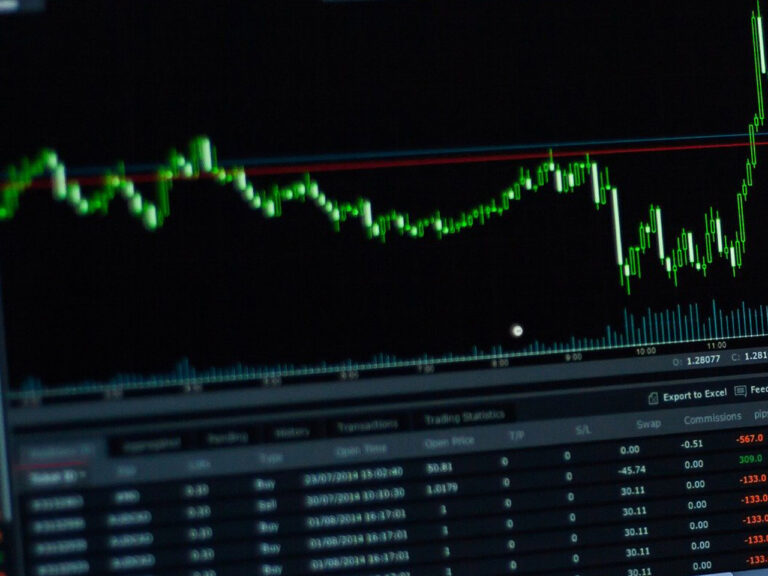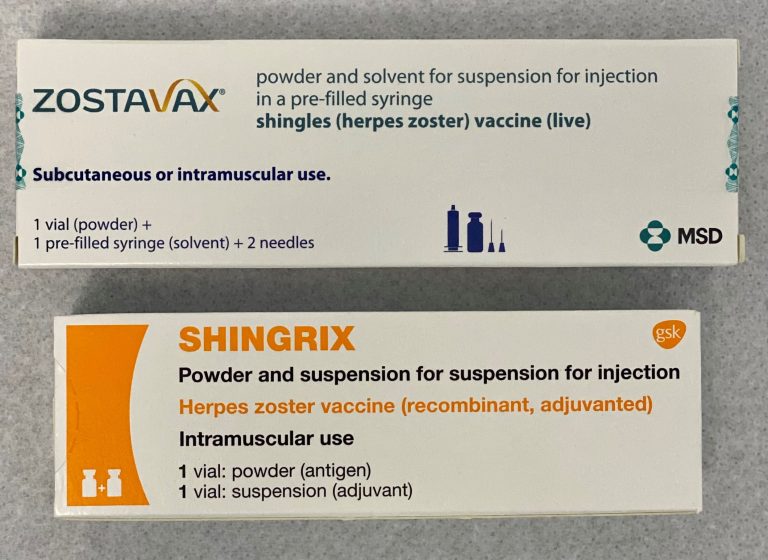GSK plc (GSK), a stalwart in the healthcare sector and a major player in the drug manufacturing industry, offers investors a compelling mix of steady income and strategic growth potential. With a market capitalization of $85.16 billion, this UK-based pharmaceutical giant continues to innovate in the fields of vaccines and specialty medicines.
#### Price and Valuation Dynamics
Currently trading at $40.86, GSK’s stock has shown resilience within its 52-week range of $32.08 to $44.26, reflecting a degree of stability that investors often seek in the healthcare sector. The stock’s recent price change of -0.04% indicates minor fluctuations, suggesting a potential period of consolidation.
One of the standout aspects of GSK’s financial profile is its forward P/E ratio of 8.40, signaling an attractive valuation for future earnings. This metric, combined with the lack of a trailing P/E ratio, might indicate expectations of improved profitability in the near term. However, the absence of a PEG ratio and other valuation metrics such as Price/Book and Price/Sales suggests a need for cautious optimism, as investors might require more data to gauge longer-term valuation metrics accurately.
#### Performance and Profitability
GSK’s performance metrics paint an encouraging picture, especially with a return on equity (ROE) of 27.10%, pointing to efficient management and strong profitability. The company’s free cash flow of over $5.16 billion underscores its robust financial health and ability to fund future growth initiatives and shareholder returns.
However, a modest revenue growth rate of 2.10% indicates that while GSK is on a growth trajectory, it may not be expanding as rapidly as some of its peers in the fast-evolving pharmaceutical landscape. Investors might want to keep an eye on how GSK’s strategic initiatives, particularly in R&D and collaborations, could bolster this growth rate.
#### Dividend Profile
For income-focused investors, GSK’s dividend yield of 3.91% is particularly appealing. Despite a high payout ratio of 79.84%, which might raise sustainability concerns, the company’s strong free cash flow provides reassurance regarding its ability to maintain these dividends. GSK’s dividend policy reflects a commitment to returning value to shareholders, aligning with its long-established reputation as a dividend stalwart.
#### Analyst Ratings and Market Sentiment
Analyst ratings for GSK reveal a nuanced market sentiment, with 1 Buy, 5 Hold, and 2 Sell ratings. The average target price of $41.54 suggests a potential upside of 1.65%, indicating that the stock is trading near its perceived fair value. The price target range, spanning from $35.25 to $58.00, highlights differing views on the company’s future prospects, likely reflecting varied expectations about GSK’s ability to capitalize on its R&D and product pipeline.
#### Technical Indicators
From a technical perspective, GSK’s stock is trading above both its 50-day and 200-day moving averages, at $38.12 and $37.53, respectively. This trend suggests a bullish momentum. However, the RSI (14) of 24.50 signals that the stock is currently oversold, potentially opening up opportunities for value investors looking to enter at a low point.
#### Strategic Initiatives and Future Prospects
GSK’s focus on high-impact areas such as oncology, respiratory, and immunology, coupled with its robust vaccine portfolio, positions it well for sustained growth. The collaboration with CureVac to develop mRNA vaccines is a strategic move that could unlock new revenue streams and enhance its competitive edge in the vaccine market.
As GSK continues to evolve, investors should monitor how its strategic partnerships and R&D investments translate into tangible growth and profitability improvements. With its strong dividend yield and solid operational foundation, GSK presents a balanced investment opportunity for those seeking stability and modest growth in the healthcare sector.










































